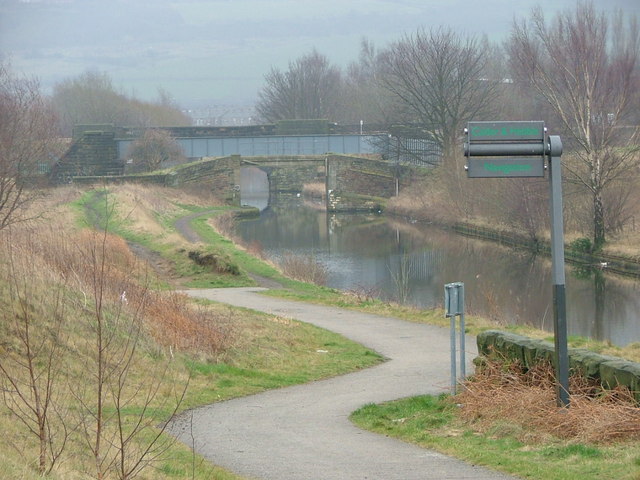Space Probe 2 was at Kings Heath Community Centre Garden last Thursday. We had a picnic and asked people what they would like in their garden. We used a range of activities, from reviewing maps to find disused spaces in Kings Heath, making scarecrows, drawing what we want, interviews and eating butternut tereme with rice and flapjacks.
This is the second event in a growing number of events looking at space in Kings Heath, coordinated by Kings Heath Centre for Space Exploration. On 7th August we're looking forward to a series of streets closing to cars and opening to play across Kings Heath for National Playday. There'll be more space probes later this year, and Sustrans will be starting a very exciting pilot in Kings Heath looking closer at streets and how we could use them better, so loads to look forward to!
Here's five minutes from the interviews and a few photos:
This is the second event in a growing number of events looking at space in Kings Heath, coordinated by Kings Heath Centre for Space Exploration. On 7th August we're looking forward to a series of streets closing to cars and opening to play across Kings Heath for National Playday. There'll be more space probes later this year, and Sustrans will be starting a very exciting pilot in Kings Heath looking closer at streets and how we could use them better, so loads to look forward to!
Here's five minutes from the interviews and a few photos:


